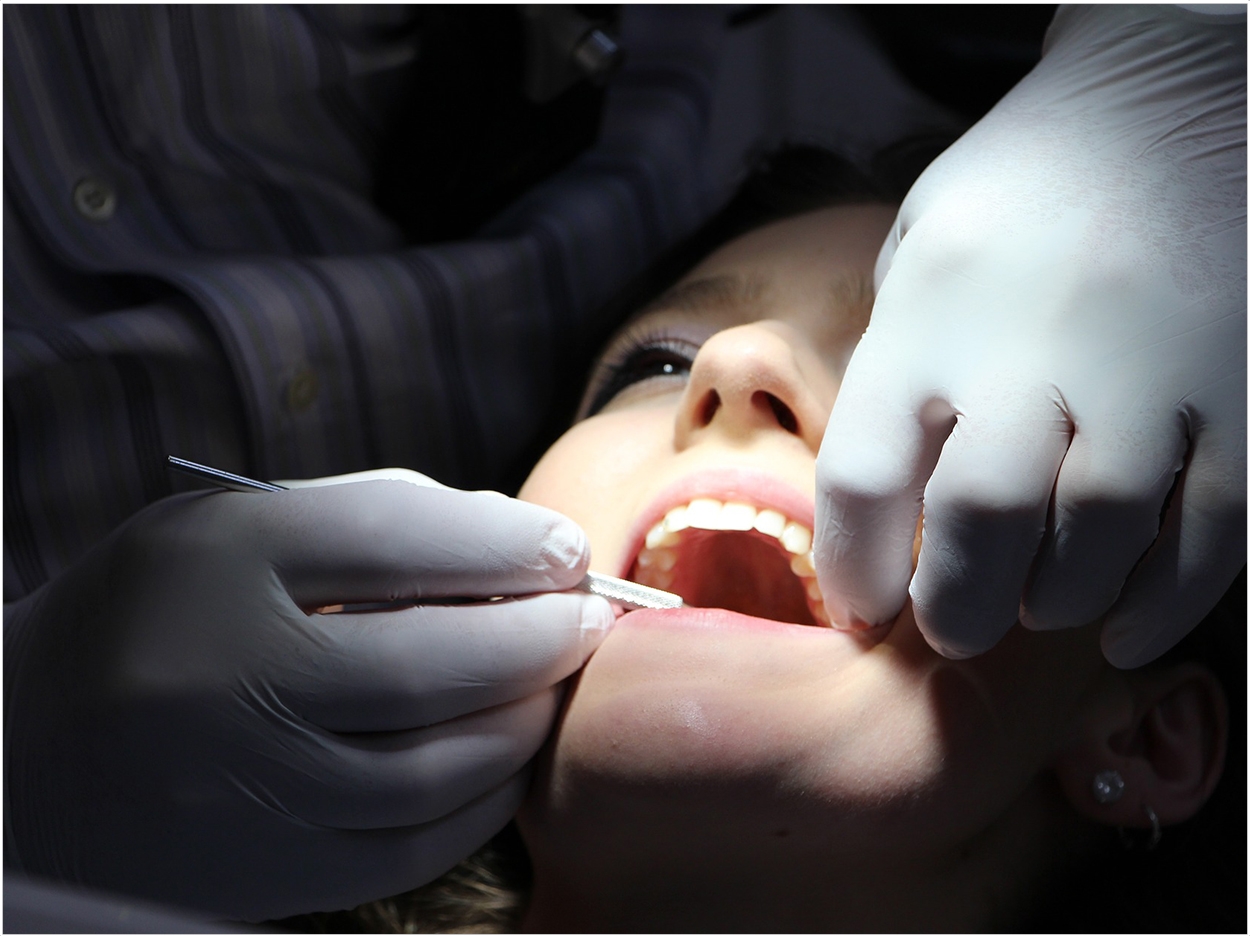
Lane Community College in Eugene, Ore, has received a one-year, $100,000 grant from the W. K. Kellogg Foundation to conduct a feasibility study for establishing an accredited 2-year dental therapist degree program.
“This is an emerging field,” said Sharon Hagan, dental hygiene program coordinator at Lane Community College. She also will lead the grant efforts. “Dental therapists have become necessary because of a scarcity of dentists in rural areas.”
Dental therapists perform basic clinical treatment and preventive services under the general and indirect supervision of dentists, including preparations and restorations of primary and permanent teeth, disease prevention, and oral health promotion.
Other procedures include exposing radiographs and x-rays, administering local anesthetic and nitrous oxide, applying topical prophylactic agents, repairing defective prosthetic devices, and recementing permanent crowns.
A major effort of the grant will be outreach to Hispanic and Native American communities to familiarize them with dental therapy as a potential employment option and to help identify potential student recruits. Also, project staff will survey dental care providers to identify the level of support for a dental therapist education program in Oregon.
Meanwhile, employers, government officials, and regulatory and licensing entities will be advised and surveyed about graduate employment opportunities, community needs, and how this profession can meet the needs of their communities.
According to the Dental Foundation of Oregon, more than 56% of children in the state have serious decay, with significantly higher numbers among low-income families. However, the Oregon legislature would need to change the state’s Dental Practice Act before therapists would be permitted to operate there.
Vermont, Maine, and Minnesota all recognize dental therapists. Also, the Alaska Native Tribal Health Consortium recognizes dental therapists, but they are not authorized to practice elsewhere in the state. The ADA and affiliated state dental associations generally oppose dental therapy and say that dentists could better administer the work it provides.
Related Articles
Dental Therapist Classification Established in Vermont
Michigan Considers Dental Therapist Classification
Virtual Dental Homes Improve Care and Cut Costs












